Zelle fraud can occur when scammers pretending to be banks or utilities text consumers urging them to send them money through Zelle because their accounts may have been compromised or in order to pay a past due bill. Zelle customers who lost money may be entitled to up to $1,000 in compensation in addition to their actual losses.
- Closed to New Clients
- Consumer Rights
- May 31, 2022
Have You Used the Zelle App?
You May Be Entitled to Compensation up to $1,000.
- We strongly recommend consumers who experienced fraud or unauthorized transactions sign up.
- All claims are backed by Labaton Keller Sucharow, a national law firm that has recouped over $30 Billion for people like you.

Please remember:
This content is for your information only and is not legal advice. We are not your lawyers until you sign an attorney-client agreement with us. All information provided by you is confidential and will only be used for your case.
Frequently asked questions
TOPICS
- General FAQ
What is this case about?
“Zelle Fraud” is a widely reported issue by consumers using Zelle to make payments. Zelle fraud occurs when scammers posing as financial institutions or utilities text consumers urging them take immediate action because their accounts may have been compromised. The consumer then communicates with the fraudster, who will get them to authorize a Zelle transfer to the fraudster’s account through the Zelle app. According to reports, Zelle does not investigate these types of unauthorized transactions and does not conduct federally-required error resolution procedures to help consumers.
We are pursuing private arbitration claims against Zelle on behalf of consumers who experienced fraud and unauthorized transactions on the Zelle app. Successful claims could be entitled to $1,000 in compensation in additional to recovery of the lost funds.
We are pursuing private arbitration claims against Zelle on behalf of consumers who experienced fraud and unauthorized transactions on the Zelle app. Successful claims could be entitled to $1,000 in compensation in additional to recovery of the lost funds.
Do I need to have used the Zelle app to qualify for this claim?
Yes, you need to have used the Zelle app to qualify. Zelle is owned by Early Warning Services, LLC, a company owned by several of the largest banks in the United States. The banks have said that they are not responsible for fraud that occurs on Zelle’s platform. However, despite being owned by banks, we are not pursuing claims for people who experienced Zelle fraud based on transfers directly through their banking apps.
What is the Electronic Fund Transfer Act (EFTA)?
The Electronic Fund Transfer Act (EFTA) is a federal law that governs online banking and the electronic transfer of money. You can read more about it here. The EFTA regulates financial institutions like Zelle so that these companies take proper precautions with your money and make certain required disclosures to consumers. If a company does not comply with the EFTA’s provisions, consumers are entitled to pursue a claim against the company for both their actual damages, and minimum statutory damages.
What is arbitration?
Arbitration means that instead of having your claim or dispute heard by a judge or jury in court, it will be decided by a neutral arbitrator in a private forum. Arbitration is something the parties agree to, usually as part of a contract that they enter into at the beginning of their relationship. Many companies have arbitration provisions in contracts that they enter into with individual consumers, employees, small businesses, or investors. Arbitration is sometimes called “alternative dispute resolution,” “ADR,” or “private dispute resolution.”
Once I sign up, how does the process work?
Once you sign up, you’ll be asked to sign our attorney-client agreement. That allows us to investigate your private arbitration claim. Then, log in to your secure client portal. All information is strictly privileged and confidential and will only be used for your claim. Answer a few more questions, upload a few documents, and we’ll take it from there. We’ll analyze your claim and your losses, negotiate with the company, and, if necessary, pursue your claim in arbitration.
Do I have to appear in person for arbitration?
Most of the time, arbitration can be conducted either by telephone or through documents provided by you and the company.

